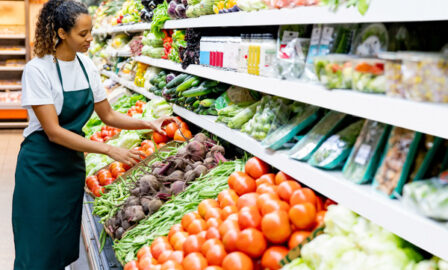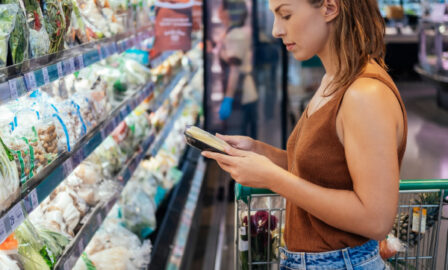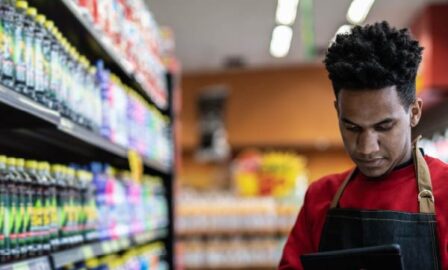Grocery Industry Challenges
We work with our grocery clients to transform their businesses to deliver measurable results and help future-proof their business.
Pressures to Adopt eCommerce Capabilities
eCommerce is on the rise in the industry, forcing grocery retailers to make significant investments in eCommerce technology not previously required to operate the business.
Diverse Delivery and Fulfillment Channels
Delivery costs are a major hurdle to profitability with the rise in eCommerce grocery. Grocers are challenged with bringing last-mile delivery costs down while protecting product availability, product quality, and customer service.
Shifting Competitive Landscape
The competitive landscape for grocers has changed immensely with the growth of discounters in the space, as well as more food brands selling direct to consumer and the increase in food delivery from restaurants.
Changing Consumer Behaviors
Staying ahead of changing consumer shopping behaviors, such as shifts towards buying online from traditional eCommerce giants and an increase in ready-made meal purchases, are challenging for grocers.
Evolving Consumer Tastes
Consumer tastes keep evolving and grocers must create a modern retail organization to meet changing preferences like the increasing desire for fresh, organic, and sustainable foods.
CASE STUDY
Grocery Retailer
Data Governance & Vendor Portal Implementation
A $3+ billion grocery retailer with more than 300 member-owned and corporate grocery stores selected Clarkston as their partner to lay the foundations for the technologies, organizational structure, and processes to support good, quality data across their business, enabling strategic capabilities aligned to their business needs. Clarkston centralized and cleansed their data from siloed sources and capturing business efficiencies by streamlining processes through unified systems. Clarkston also helped the client develop data governance standards, build the deployment plan to integrate various legacy systems still in operation, and more.
Enabled more than 300 external vendors to directly submit new products to be sold by the co-op through the vendor portal
Rationalized 250,000 products to be converted with clean data into the new ERP system, including cost and pricing information for 150,000 items from primary distributors
Consolidated and harmonized hundreds of thousands of products from disparate store databases to allow for a single source of truth and better data visibility for the retailer


